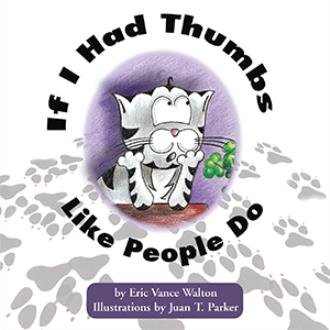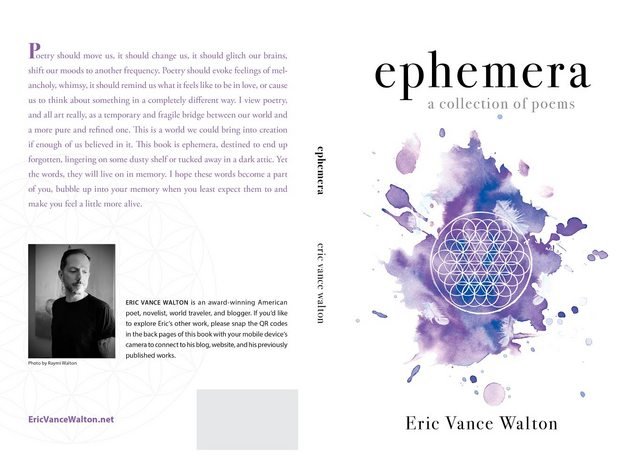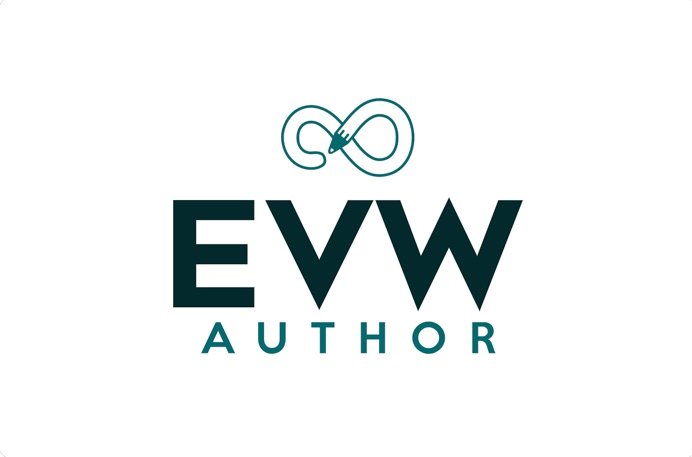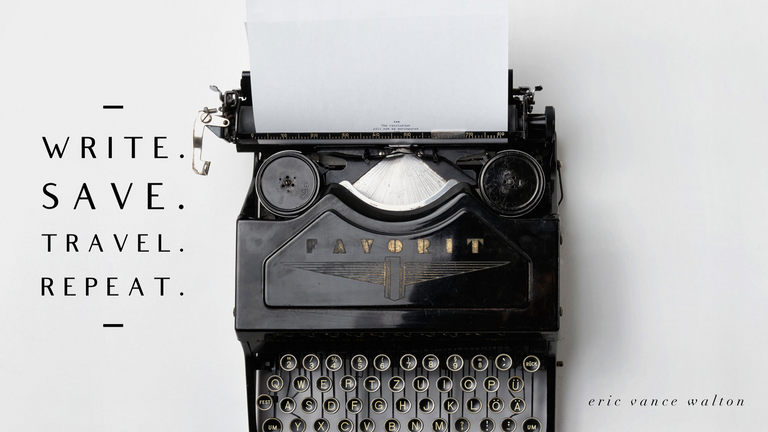
When I first started writing in the 1990s there weren’t many viable options for authors wanting to self-publish. Back then, Amazon was barely a glimmer in Bezos' eyes. If you didn’t want to be published by a traditional publisher (or couldn’t land one) you had only two options: 1. use a local printer and produce the books yourself; or 2. roll the dice and take your chances with a vanity press.
'Vanity publishing', 'subsidy publishing' and 'vanity press' are old-fashioned terms that refer to a certain type of publisher that invites authors to send in their manuscripts and then charges them a fee or co-payment to assess and/or publish their books.
Using a local printer wasn’t a bad arrangement for a newbie author. If you printed enough copies of your book to keep the “per book cost” to a minimum you could make a decent profit. Readers tended to prefer something with a handmade feel, it set your books apart. Books I published this way actually sold fairly well but the process was difficult to scale. You had to wear all the hats. Assembling books myself was so much work that it cannibalized a lot of the time that I would normally use for writing. Even if you hired some of the work out the books had to be stored somewhere and whomever you hired had to be paid.
Vanity publishers, as I quickly learned, were a different demon altogether. I published my first children’s book, “If I Had Thumbs Like People Do” in 2003 with a vanity press (who, surprisingly, is still in business).

In the beginning it was a fairly painless process, I think I paid $350 for the “book design fee” (which was a LOT of money for me in 2003) and in a few months, voila, my book was available on the publisher's online store. If you wanted any other assistance from the publisher, as in marketing, SEO, or any other kind of professional consultation you had to pay them more money. Oh, and they took most of the profit of each book sale. I didn’t have many other options and felt desperate so I was okay with this. In my youthful enthusiasm I thought I could make the arrangement work to my advantage. Blind hope, sprinkled with lots of enthusiasm, and a dash of inexperience is always a recipe for a huge let down.
A few years after I published “Thumbs” my life changed drastically. I went through a divorce, moved into a new apartment, and was focused on rebuilding my life. That children’s book was the furthest thing from my mind. The last royalty check I received was mailed to me in early 2005. Time marched on and the publisher apparently lost track of me.
Fast-forward eighteen years and, as fate would have it, someone I know found the book online and ordered a copy. Yes, it’s still for sale on the publisher’s site. I held a copy of this book in my hands for the first time in almost two decades and it got me reminiscing. It also made me think about how many copies were sold since I received my last royalty check in 2005.
Curious, I tried logging onto the publisher’s website to update my address and inquire about past unpaid royalties but the email address I used to sign-up was deactivated long ago so I couldn’t reset my password. I contacted the publisher for assistance with logging on and I requested a report of my book sales over the past eighteen years. Although they initially seemed eager to help, in the five days I’ve been working with them they’ve just given me the runaround. An attorney letter will be the next step if there’s no cooperation.
Then I started thinking, even if I were able to log in I have no access to book sales reports so I can’t even verify how many books have been sold. All of the power is in the publisher’s hands. I couldn’t help but think what a good example this predicament was of the perils of centralization. Even today there are so many third-parties, in almost every sector of our society, who exploit millions of people for profit every day. Typically the targets are the most vulnerable among us. The young, the old, and the desperate. Most of us have been targets at some point in our lives and we're either bitter about it or chalk it up to experience, If we're lucky, never have to make the mistake again.
Each one of these parasitic situations is the perfect opportunity for decentralization. We now have the tools at our disposal to provide humanity with better choices and more freedom. If developers want to know how to use blockchain to make the world a better place they need only ferret out the corners of our world where this exploitation occurs.
Despite how dark the world seems right now (and it, at times, does seem bleak) I’ve never been more excited for the future. Our world is being reshaped before our eyes, one project at a time. We have more options than ever to free ourselves from the grips of exploitation. Our mistakes can, more easily then ever, be transformed into great opportunities. The only limit is our collective imaginations.
Thanks for reading! All for now. Remember…trust your instincts, invest in you, live boldly, and take chances.
Growing weary of the ads and divisiveness on mainstream social media? If so, why not try Hive? Click on this link to sign-up and join our growing global community.

Poetry should move us, it should change us, it should glitch our brains, shift our moods to another frequency. Poetry should evoke feelings of melancholy, whimsy, it should remind us what it feels like to be in love, or cause us to think about something in a completely different way. I view poetry, and all art really, as a temporary and fragile bridge between our world and a more pure and refined one. This is a world we could bring into creation if enough of us believed in it. This book is ephemera, destined to end up forgotten, lingering on some dusty shelf or tucked away in a dark attic. Yet the words, they will live on in memory. I hope these words become a part of you, bubble up into your memory when you least expect them to and make you feel a little more alive.
Pick up a copy of Ephemera today on Amazon.

Most of us have experienced a moment of perfect peace at least once in our lives. In these moments we lose ourselves and feel connected to everything. I call these mindful moments. Words can’t describe how complete they make us feel.
These moments are usually fragile, evaporating in seconds. What if there was a way to train your mind to experience more of them? It’s deceptively easy and requires nothing more than a subtle shift in mindset. My new book, Mindful Moments, will teach you to be much more content despite the chaos and imperfect circumstances continuing to unfold around you. Upgrade your life experience today for only $15.99 on Amazon.com.
Let’s Keep In Touch


